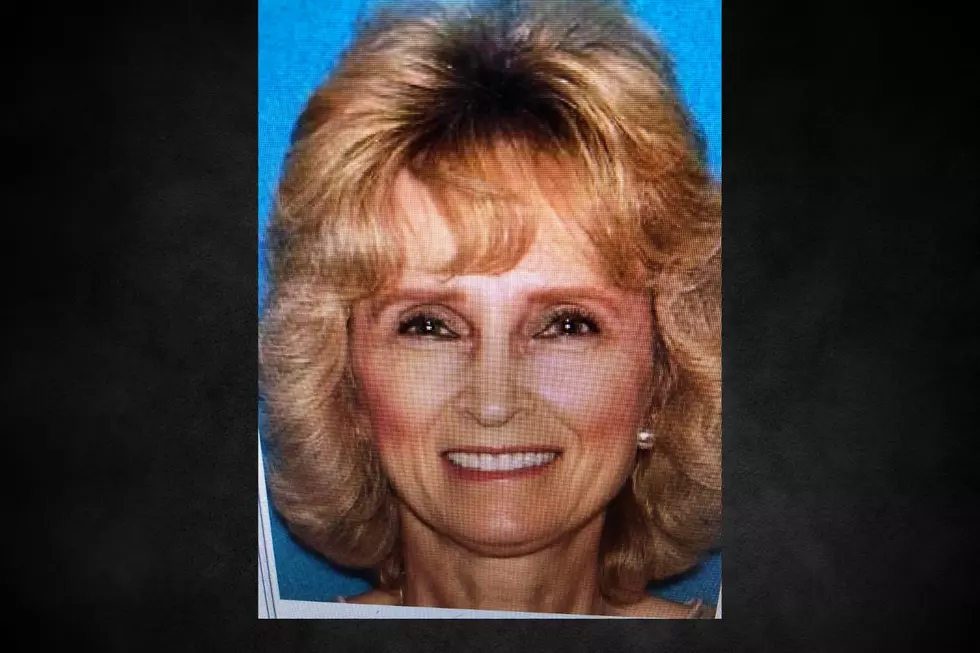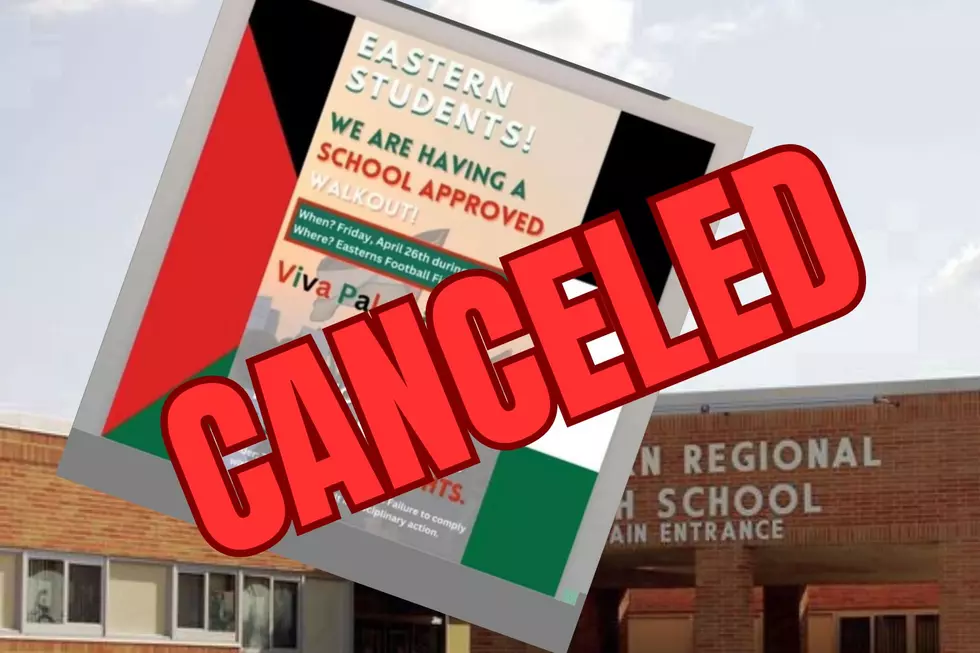
Donald Trump rattles Republican consensus in Utah
SALT LAKE CITY -- When it became apparent that Donald Trump would win the Republican presidential nomination, Andy Rasmussen's path seemed clear: he resigned his GOP leadership position in northern Utah and left the party to become an unaffiliated voter.
Now Rasmussen and thousands of Utah Republicans wary of Trump are left scrambling to settle on a candidate of choice come Election Day.
Utah is one of the most homogenous states in the nation with a predominant religion -- Mormonism -- which often inspires some level of political conformity. Yet Trump has shattered the Republican consensus here, activating fault lines under even the most stable-looking electorate.
Rasmussen and other Republicans who outnumber Democrats nearly five-to-one among the state's 1.3 million active voters are grappling with whether they distrust Trump or Democrat Hillary Clinton more, and trying to assess two long shot candidates.
"I think Trump represents a clear and present danger to the republic where she does not," Rasmussen, a former legislative chairman and member of the Cache County Republican Party Executive Committee said, dubbing Trump "a prepubescent megalomaniac with no morals."
The billionaire businessman is still expected to win the six electoral votes in Utah, which hasn't voted for a Democratic presidential candidate since 1964. But even Trump acknowledged last week that he's "having a tremendous problem in Utah." About seven in 10 Mormons lean Republican -- more than any other major religion in the United States, according to the Pew Research Center. Evangelical Protestants are the next closest religious group with 56 percent of their members leaning Republican.
Some Utah Republicans are already exploring alternatives like Libertarian Party candidate Gary Johnson, who's based his campaign in Salt Lake City, or Evan McMullin, a relatively unknown ex-CIA officer and Brigham Young University graduate who has managed to get on the ballot in Utah and a few other states. Some Republicans also are toying with the unfathomable -- a vote for Clinton.
Democrats in Utah have already seen an 18-percent increase in voter registration from early March to mid-August -- compared to a 5-percent decrease in that time period in 2012.
Republican voter registrations are also up, with an 11-percent increase this year compared to a 5 percent rise four years ago. But that jump in GOP voters could also be explained by a closely-watched primary race for governor this past June in which only registered Republicans could participate.
Trump's inability to connect to Mormon voters, who are more accustomed to cordiality than his famously brash temperament, has extended to Mormon strongholds in the West, including Arizona, swing state Nevada, Idaho and Wyoming. But it is most pronounced in Utah, headquarters of The Church of Jesus Christ of Latter-day Saints.
Beyond his in-your-face demeanor, Trump's call for a temporary ban of foreign Muslims didn't go over well either. Mormons say it harkens to past efforts to persecute members of their own faith.
Former Republican nominee Mitt Romney, among the most high-profile Mormons in America, has been a persistent critic of Trump, and delivered a speech in Utah earlier this year where he ripped into the candidate as a "phony" who is unfit for office.
Clinton doesn't have a glowing track record in Utah either -- losing the state's March caucus to Bernie Sanders by a landslide -- and political professionals don't expect her to win the state.
The race has even split Utah's normally-unified political hierarchy. Some prominent Republicans, including U.S. Sen. Orrin Hatch and Gov. Gary Herbert, endorsed Trump, but others, including Lt. Gov. Spencer Cox, find it difficult to ignore the barrage of tweets, speeches and interviews that make them cringe.
David Irvine, a former Republican state legislator and retired brigadier general, said voting for Johnson or McMullin is as useful as voting for "Donald Duck." He's instead risking scorn by crossing party lines to vote for Clinton because he thinks Trump is temperamentally unsuited and woefully unqualified to make vital national security decisions.
"He could do more damage in 90 minutes as president than most other people would be able to accomplish in a much longer period of time," Irvine said. "Whatever baggage Hillary Clinton brings, his is worse."
Clinton has done little to court Utah voters outside of a guest editorial laced with Mormon themes in the Deseret News. Trump followed with his own guest editorial in the Mormon-owned newspaper this week, touting support from Herbert and Hatch and asserted that it is a top priority for him to earn the trust of Utah voters. The piece made no mention of Mormonism or his call for Cold War-style ideological tests.
Greg Hughes, the speaker of the state House of Representatives and a Trump supporter, said his fellow GOP voters just need to get used to Trump's frankness.
"His bluntness and his candor is not what Utahns are used to in elected officials, but I think that there's nothing wrong with candor," Hughes said. "I think that we've had too many candidates that say nothing to offend no one."
(Copyright 2016 The Associated Press. All rights reserved. This material may not be published, broadcast, rewritten or redistributed.)
More From New Jersey 101.5 FM









